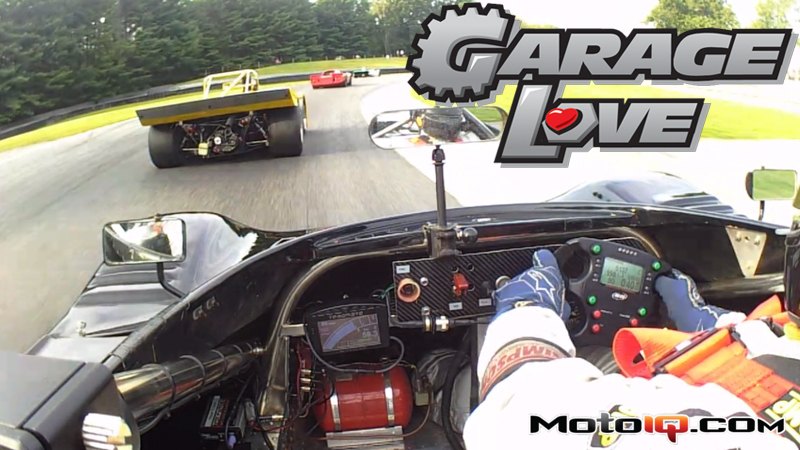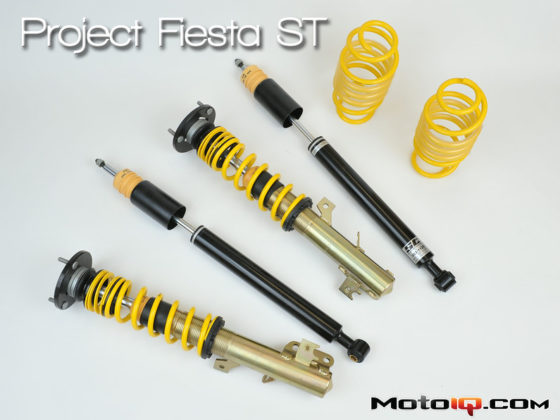,
“It's hard enough to do the right thing and concentrate on driving safely on the street, that when conditions deteriorate, whether it's the emotional state of the driver or sudden fog, precipitation or even the darkness of an underpass, it's easy for drivers to be caught out and make bad decisions. The bottom line is that it takes a mental commitment to remain dispassionate when someone cuts you off. You need to increase following distance and slow down when the windshield wipers get turned.” Peter hammers it home, “Track day and racing drivers hone their skills and improve their decision making process every time they get on track, it's easier to not allow environmental and emotional conditions to adversely affect them. The scariest part of a race weekend is usually the drive home on the interstate—a common complaint among experienced track drivers.”
 Peter fighting for position—but realizing that to finish first, you must first finish. He's got enough room to react if need be.
Peter fighting for position—but realizing that to finish first, you must first finish. He's got enough room to react if need be. Where a driver on track is largely physically insulated from harm by their safety equipment, the citizen on the street is psychologically insulated from their fellow travelers by anonymity. Studies have shown that people become far more morally flexible when there are less social repercussions of their actions. As a result, the only thing predictable about their behavior is that it will be unpredictable at best.
The racer’s motives are much more clearly recognized: they want to win, but they also want to have a place to play next weekend. They will shut the door on you to stay out front, but a fellow competitor will understand that there are other drivers in the paddock and track officials watching. If they cross the line into dangerous actions, they might not be allowed back out on track.
 Just like on track, you need to scan the traffic for escape routes that you could use if one of your fellow racers..I mean motorists..decides to do something stupid. The middle lane allows movement to either side, and since I'm not passing, I won't hog the left lane.
Just like on track, you need to scan the traffic for escape routes that you could use if one of your fellow racers..I mean motorists..decides to do something stupid. The middle lane allows movement to either side, and since I'm not passing, I won't hog the left lane. The open highway has considerably less social recourse, and as a result, you need to be considerably more defensive and aware of the sociopathy and inattentiveness that surrounds you on the road. While it’s easy to think of yourself as invincible because of your racing skills, they will only keep you out of so many bad situations when your fellow traveler’s intentions are unknown.
Like Peter would say, keep your eyes up and look for holes in traffic, escape routes and always be aware of what’s going on around you. In that way, racing will make you a safer driver on the street. I know I’m going to use that reasoning for renewing my competition license. It might save my life or those I love.
Links:



